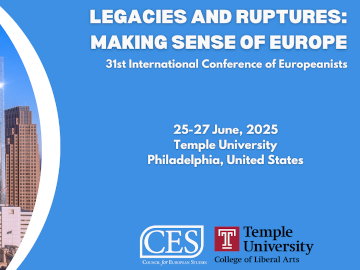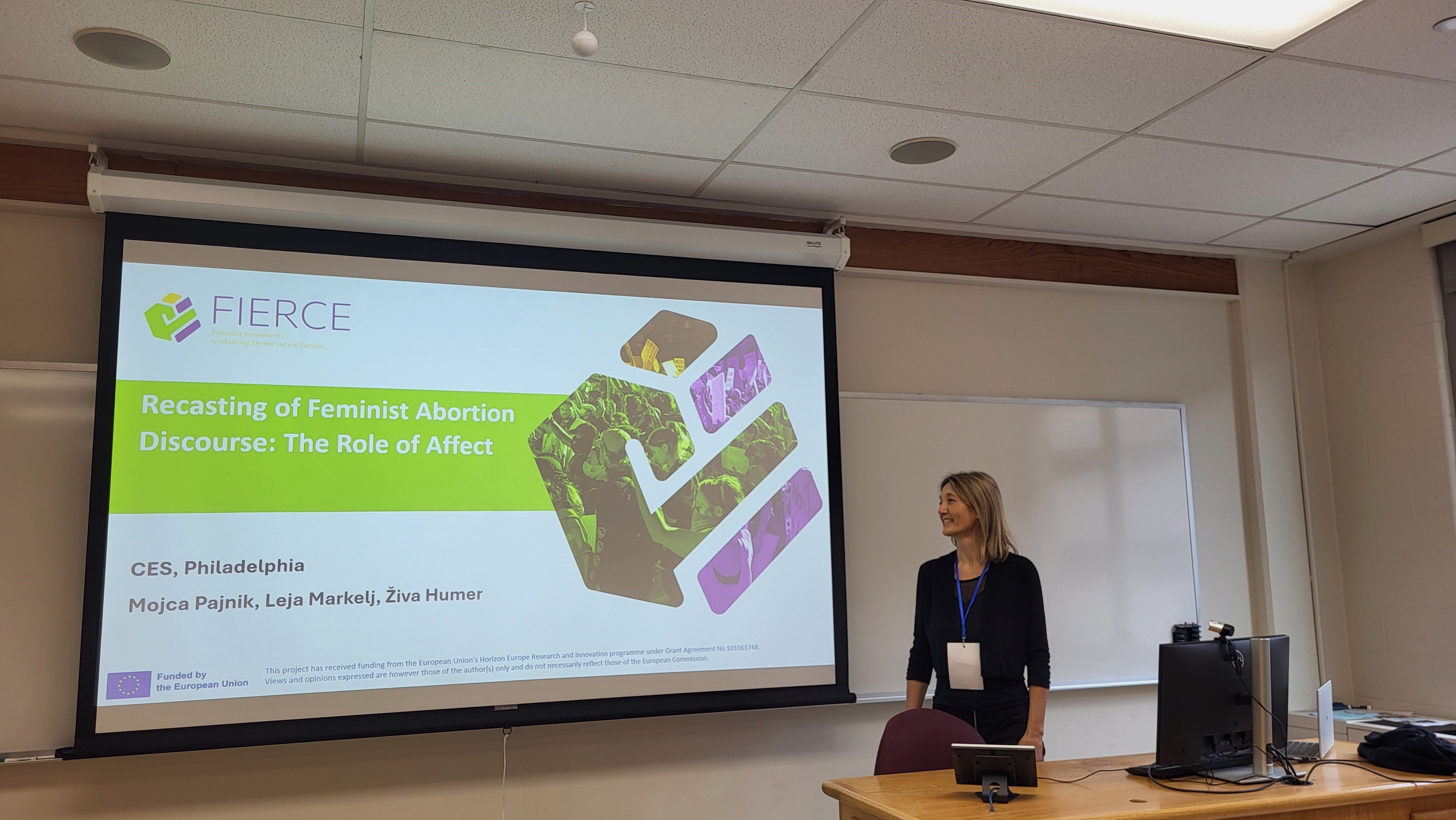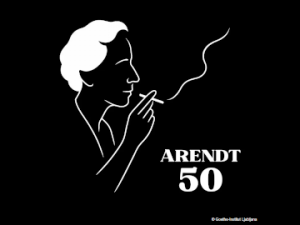Transformations of Public Communication: The Epistemology of Affective Governance

lejaleja In the paper co-authored with M. Ribać, D. Sen, and L. Šramel Čebular on the oligarchization of media ownership, she highlighted trends of media concentration using the case of the Slovenian media system. By comparing data from 2010 and 2022, the study identifies key media clusters dominating the landscape – including local conglomerates, regional media giants, and politically connected media networks – and emphasizes their visibility and influence in shaping a concentrated media sphere and attracting audience attention.
In the paper on the appropriation of reproductive rights, co-authored with L. Markelj and Ž. Humer, she demonstrated how anti-gender actors strategically mobilize emotions such as fear, compassion, and anger to legitimize and normalize pro-natalist positions.

Both papers, developed within the frameworks of the AFEMED project on affective media and the FIERCE project on feminist and anti-gender movements, foregrounded the epistemology of affective governance, which helps us understand the role of emotional mobilization in the processes of transforming public discourses.
The conference was hosted by Temple University in Philadelphia.





